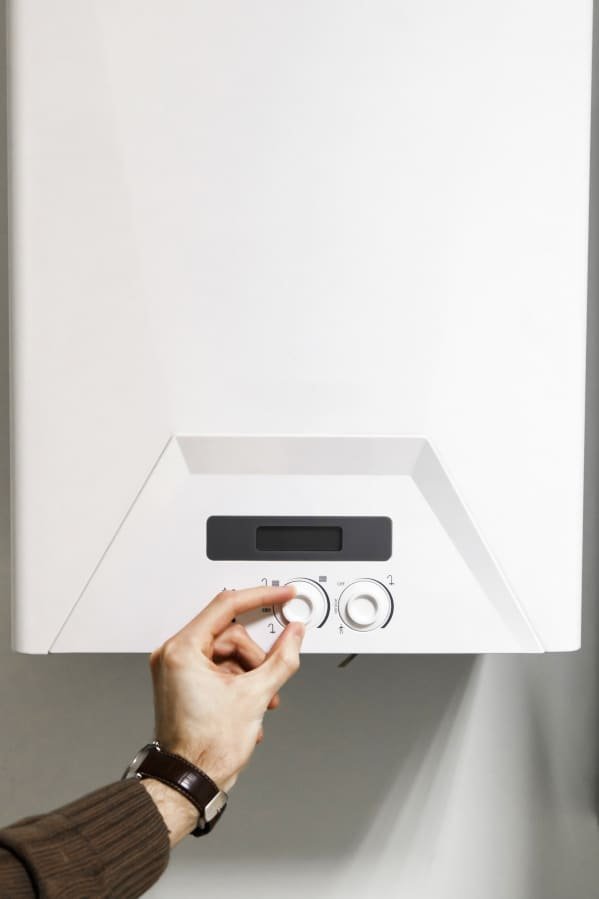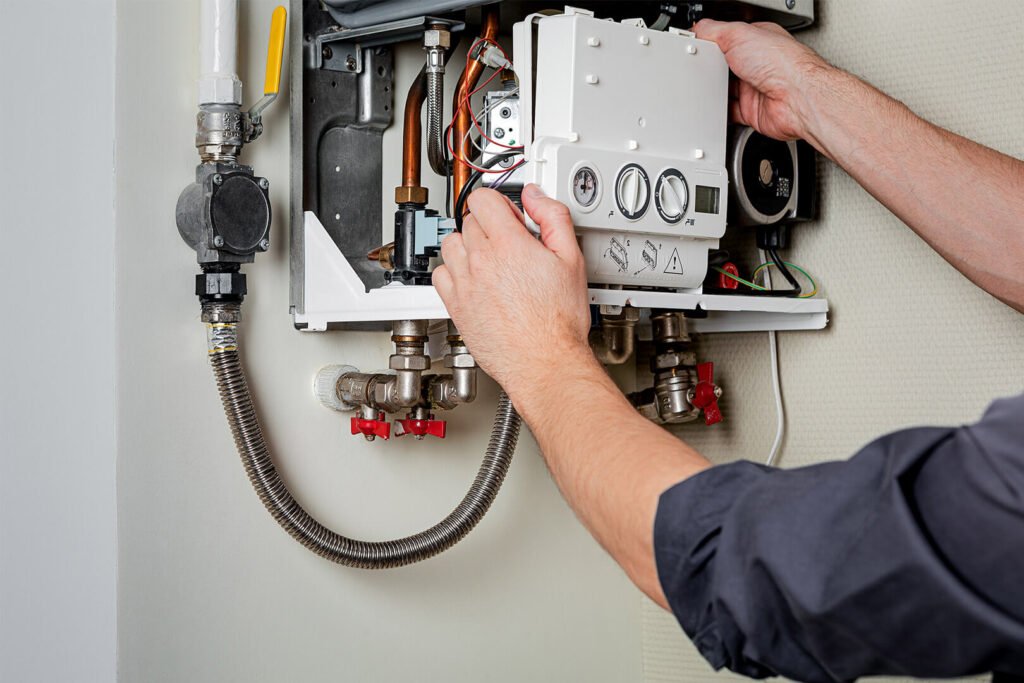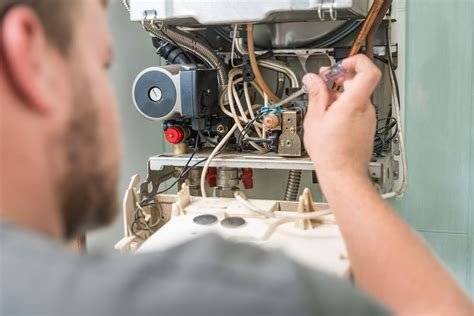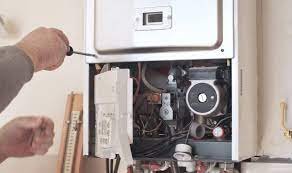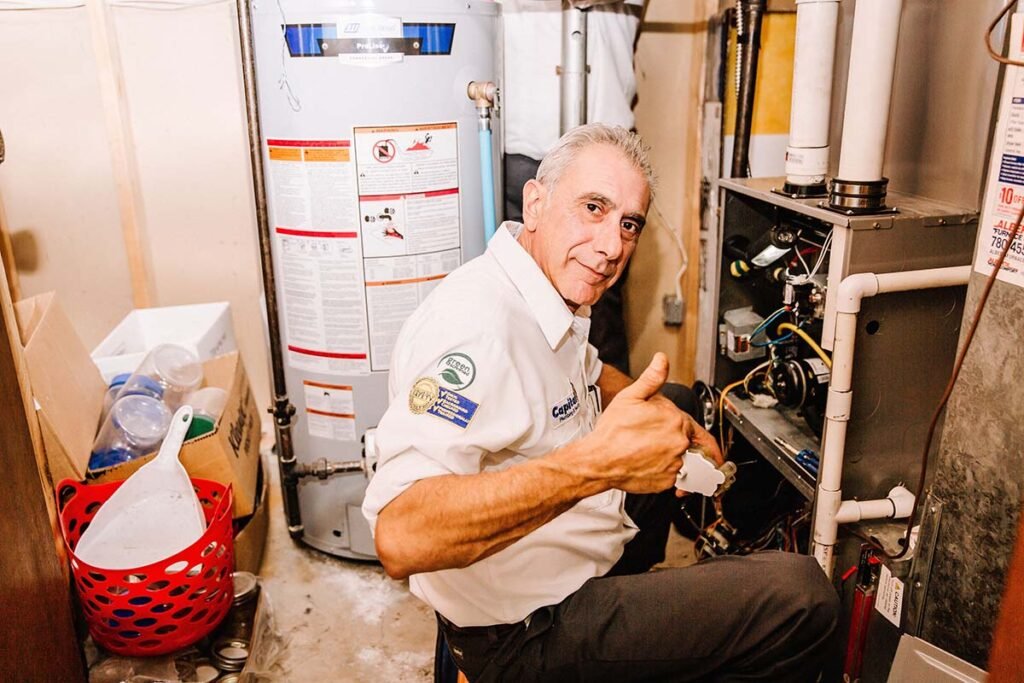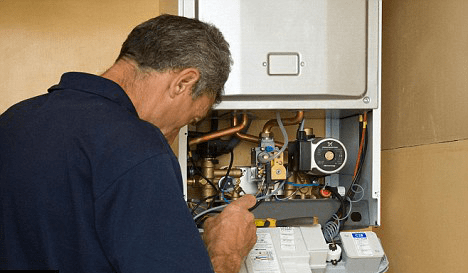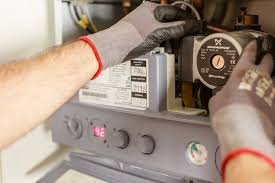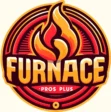Furnace Installation Mill Woods - Your Trusted Heating Professionals
Furnace Pros Plus is your reputable partner for all your heating requires. With years of experience, we specialize in delivering superior heating services to keep your home warm and comfy. Our group of knowledgeable specialists dedicate themselves to supplying expert heater setup, maintenance, and repair work services. We understand the importance of an appropriately working heating unit, especially during the cooler months. We focus on performance, price, and consumer complete satisfaction in every project (huge or small). Whether you need a brand-new heater, a regular check-up, or emergency situation repair work, depend on Furnace Pros Plus for trustworthy and effective heating services that ensure peace of mind and convenience.
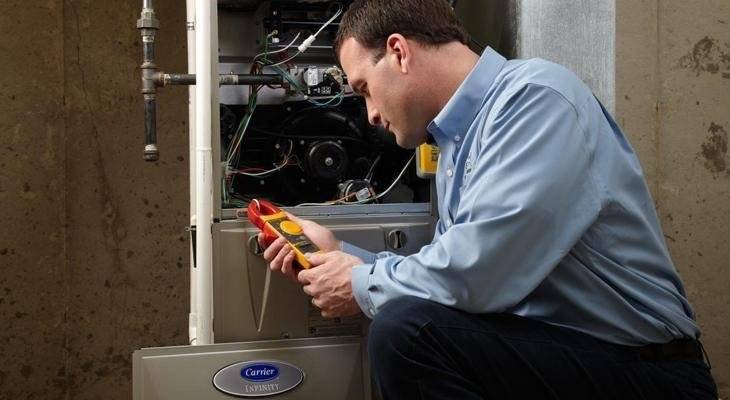
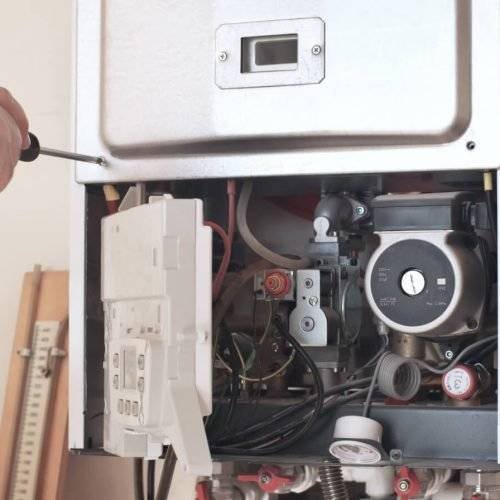
Who Are We?
Residential Heating Installations and Repairs
Furnace Pros Plus stands out as the top heater setup and repair work business in Mill Woods, due to its commitment to quality, consumer complete satisfaction, and know-how. This well-established business has earned a strong credibility by consistently delivering reputable and effective heater services tailored to the unique requirements of each consumer.
One of the crucial elements that set Furnace Pros Plus apart is its group of highly knowledgeable and qualified specialists. Each specialist brings a wealth of experience and is rigorously trained to deal with a large range of heater systems, from older designs to the most recent innovations. This ensures that no matter the type or intricacy of the heater, Furnace Pros Plus has the know-how to efficiently detect and resolve any concerns.
Moreover, Furnace Pros Plus positions a high top priority on customer support. The business comprehends that heater problems can be disruptive, especially during the harsh Mill Woods winter seasons. As a result, they offer timely and reputable service, making sure that their specialists are available 24/7 to deal with any emergency situations. This responsiveness decreases downtime and ensures that homes and companies are kept warm and comfy without significant hold-ups.
Furnace Pros Plus also stands out for its commitment to using only premium parts and products. By partnering with leading producers, the business ensures that every setup, repair work, or maintenance job satisfies the highest standards of toughness and performance. This not only boosts the durability of the furnaces but also enhances their performance and energy performance, which can result in significant cost savings for clients over time.
The business’s devotion to transparency and reasonable pricing further boosts its credibility. Furnace Pros Plus offers in-depth, upfront quotes without covert fees, making sure that clients understand what they are spending for and can make educated decisions about their heater requires.
Finally, Furnace Pros Plus adds to the regional community by staying environmentally mindful and promoting energy-efficient services. By recommending clients on the best practices and products for lowering energy intake, they assist Mill Woods residents and companies minimize their environmental effect and delight in much better air quality.
All these elements integrate to make Furnace Pros Plus the premier option for anyone looking for trustworthy and premium heater setup and repair work services in Mill Woods, Alberta
How can we help you?
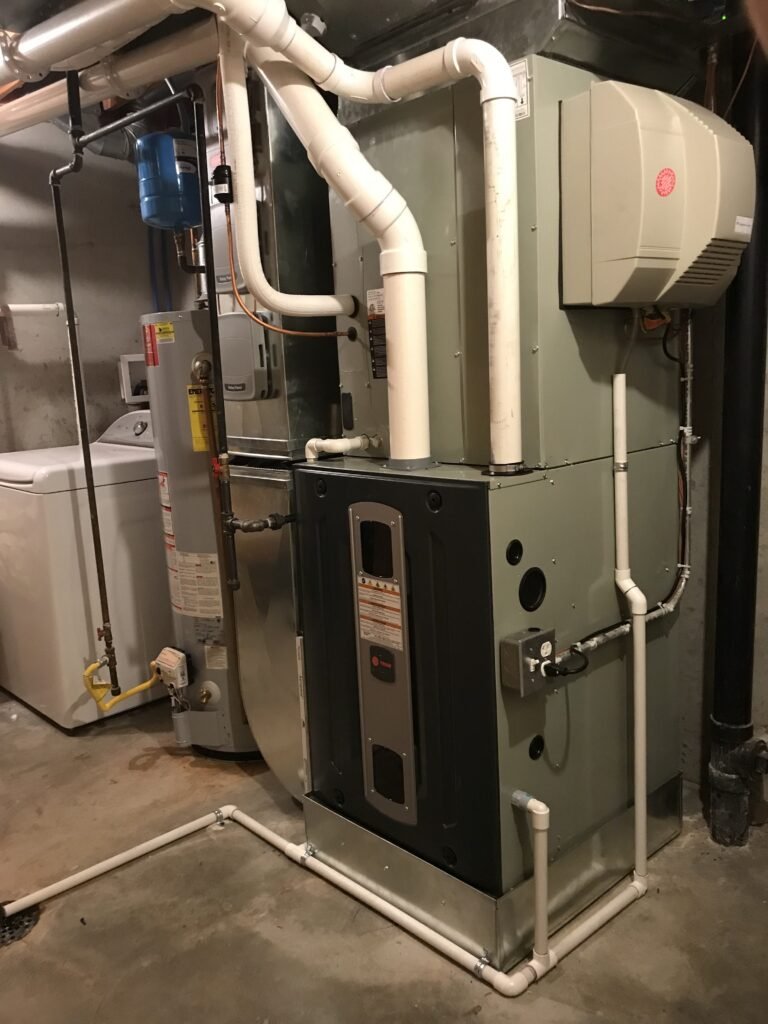
Understanding the Cost of Installing a New Furnace
Introduction
An operating heater is vital when it pertains to preserving a comfortable and warm home during the cooler months. Nevertheless, there comes a time when installing a brand-new heater is inevitable.
Understanding the costs involved in this process is crucial for property owners to plan and spending plan appropriately. This comprehensive guide checks out the various elements influencing the cost of installing a brand-new heater.
Aspects Influencing Heating System Setup Costs
Kind of Furnace:
- Gas Heaters: Popular for their performance, they typically cost more upfront however offer lower operating costs.
- Electric Furnaces: They are cheaper than gas furnaces. Nevertheless, electric designs tend to have greater operational costs due to electrical energy prices.
- Oil Furnaces: These are less common and can be more costly due to the cost of oil.
Heating System Size and Capability
- Square Footage: The size of your home directly affects the capacity required for the heater.
- BTU Rating: Greater BTU rankings equate to more powerful furnaces, which can increase the cost.
Performance Ratings
Annual Fuel Utilization Performance (AFUE):
Greater AFUE rankings suggest much better performance however also come with a greater cost.
Brand name and Quality
Top-tier brand names typically command greater prices due to their credibility for quality and durability.
Installation Intricacy
- Existing System: Updating from an old system may need additional work and cost.
- Ductwork: The condition and layout of existing ductwork can affect setup intricacy.
- Availability: Hard access to the setup website can increase labour costs.
Labour Costs
Labour costs differ by region. In addition, the intricacy of the setup can influence labour costs.
Additional Costs to Consider
- Permits: Some areas need licenses for heater setup.
- Inspections: City bylaws may need post-installation examinations for safety compliance.
- Thermostats: Updating to a clever thermostat can sustain additional costs.
Average Cost of Heating System Installation
While prices can differ commonly based upon the elements pointed out above, here are some typical cost varieties for heater setup:
- Gas Furnaces: $2,000 to $5,000.
- Electric Furnaces: $1,000 to $2,500.
- Oil Furnaces: $2,500 to $6,000.
These are rough price quotes and can differ based upon particular home requirements.
Cost-Saving Tips.
Research and Compare.
Acquire several quotes from different specialists to ensure competitive pricing.
Look For Refunds and Rewards.
Search for energy performance refunds used by energy companies or federal government programs.
Consider Long-Term Cost Savings.
Investing in a more effective heater can reduce energy bills over time.
Conclusion
Setting up a brand-new heater is a significant financial investment, and comprehending the costs involved is vital for any house owner. By considering the kind of heater, setup intricacy, labour costs, and additional expenses, property owners can much better get ready for this essential upgrade. Keep in mind to seek several quotes, explore available refunds, and consider long-lasting energy savings when choosing.
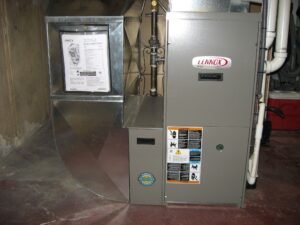
The Right Size Heating System for Your Home: A Comprehensive Overview
Introduction
Picking the right size heater for your home is crucial for making sure effective heating and convenience during the cooler months. A furnace that’s too small won’t keep your home warm, while one that’s too large can cause unneeded energy intake and irregular heating. This guide will assist you identify the perfect heater size for your home.
Understanding Heating System Sizing: BTU and Performance
We measure the size of a furnace in British Thermal Systems (BTU). One BTU is the energy required to raise the temperature of one pound of water by one degree Fahrenheit. When selecting a furnace, two crucial elements play a role: the BTU ranking, suggesting the heater’s heating capacity, and its performance ranking, measured in Annual Fuel Utilization Performance (AFUE).
Computing Your Home’s Heating Needs
You should compute your home’s heating requires to identify the proper heater size. The computation considers elements like square video footage, climate zone, insulation quality, window type, and home layout. Generally, you need approximately 30-60 BTUs per square foot. Nevertheless, this differs based upon your home’s particular qualities.
Climate Zone and Its Influence On Heating System Size
Your geographic location considerably affects the heater size required. Homes in cooler areas, such as Mill Woods, need more BTUs per square foot than those in milder environments. Speak with a heating professional for particular suggestions.
The Function of Home Insulation in Heating System Sizing
Good insulation decreases the quantity of heat loss, indicating you can go with a smaller sized heater. Examine your home’s insulation in the walls, attic, and windows. Updating insulation can be a cost-effective method to decrease heating requirements.
Considerations for Various Kinds Of Heaters
There are various kinds of furnaces, like gas, electric, and oil. Each type has unique sizing factors to consider. Gas furnaces prevail and effective, electric furnaces are more uncomplicated and more secure however typically more costly to run, and specialists set up oil furnaces where natural gas isn’t available.
Significance of Expert Heating And Cooling Evaluation
A professional a/c assessment is invaluable. Professionals consider all variables, including ductwork and home layout, to advise the optimal heater size. They can perform a Manual J computation, the industry standard for figuring out heating and cooling loads.
Energy Performance and Cost-Effectiveness
Picking a furnace with a high AFUE ranking is crucial for energy performance and cost savings. Modern furnaces have AFUE rankings between 80% and 98%, suggesting the portion of fuel converted into heating. While high-efficiency furnaces are more costly upfront, they can result in significant savings in the long run.
Attending To Common Misconceptions About Heating System Sizing
A common mistaken belief is that a larger heater is constantly much better. Nevertheless, an extra-large heater can result in short biking, where the heater frequently switches on and off, lowering performance and life expectancy. On the other hand, an undersized heater struggles to heat your home adequately.
Long-Term Benefits of the Right-Sized Furnace
Selecting the right-sized heater has long-lasting advantages, including constant convenience, lower energy bills, reduced carbon footprint, and fewer maintenance concerns. It’s a balance between upfront costs and long-lasting savings.
Conclusion: Making an Informed Choice
Picking the right size heater is a choice that affects your home’s convenience and energy performance for years to come. By comprehending the fundamentals of heater sizing and seeking professional guidance, you can make an educated decision that ensures optimal heating for your home.
Keep in mind, the key to an efficient and comfy home depend on selecting the right heater and regular maintenance and considering other elements like insulation and climate. With this comprehensive guide, you are fully equipped to pick the ideal heater for your home, supplying warmth and convenience for lots of winter seasons.

Replace or Repair Heating System: A Thorough Overview
Introduction
Choosing whether to change or repair your heater is a significant decision for any house owner. The option affects your immediate convenience and safety and has long-lasting financial ramifications. This comprehensive guide will explore various aspects to consider, assisting you make an informed decision.
Understanding Your Furnace
Lifespan and Types
Furnaces typically have a lifespan of 15-20 years. The two primary types are gas and electric, each with different maintenance and operational costs.
Indications of Trouble
Common indications that your heater may need attention consist of unusual noises, irregular heating, and increased energy bills.
When to Consider Fixing Your Heating System
Repair is typically the best option for minor concerns or furnaces that are reasonably brand-new and still under service warranty.
Cost-Effectiveness
Fixing can be more economical for minor concerns. Nevertheless, regular repair work may show a deeper problem.
Ecological Effect
Repairs typically have a lower environmental effect than changing the entire unit.
When Replacement is the Very Best Option
You must consider replacement if your heater is near the end of its life expectancy, repair work are becoming significantly costly, or if it could be more energy effective.
Long-lasting Cost Cost Savings
While the initial cost is greater, a brand-new heater can be more energy-efficient, conserving you cash on energy bills.
Technological Developments
More recent designs feature innovative technology, such as smart thermostats, which offer much better temperature control and performance.
Weighing Your Alternatives
Cost Analysis
Compare the cost of repair work over time versus the one-time expenditure of a brand-new heater.
Energy Performance
Examine how your current heater’s performance is affecting your energy bills.
Home Value
Think about how a brand-new heater may increase the worth of your home, especially if you plan to offer in the future.
Expert Suggestions
Looking For Specialist Viewpoint
Consult with heating and cooling professionals to evaluate the state of your current heater and get price quotes for repair work and replacement.
Significance of Routine Maintenance
Routine maintenance can extend the life of your heater, whether you decide to repair or change it.
Conclusion
In conclusion, choosing to repair or change your heater depends upon various elements, including age, condition, cost, and energy performance. By considering these elements and seeking professional recommendations, you can make a decision that ensures convenience, safety, and financial vigilance for your home.
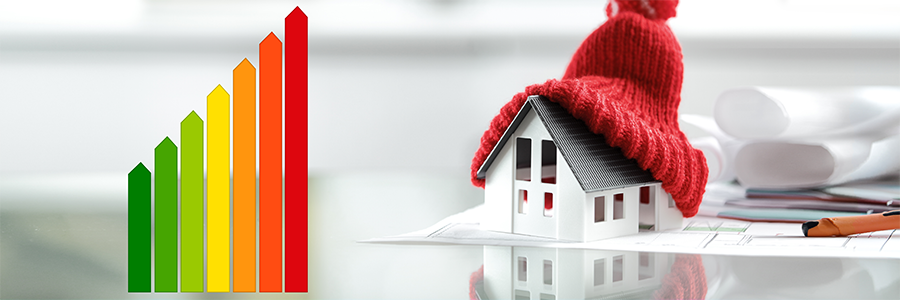
What Time of Year is the Least Expensive to Replace Your Heating System?
Will a Modern Heating System Lower Your Home Insurance?
Introduction
Home maintenance can be a significant financial investment, especially when it involves crucial systems like heating. One of the most substantial costs property owners deal with is changing their heater. Nevertheless, timing this replacement can result in significant savings. This article checks out the best season to change your heater, considering cost-effectiveness and practicality.
Understanding Heating System Replacements
The Requirement for Replacement
Before diving into timing, it’s important to understand why and when you must change your heater. Common indications consist of regular repair work, heating inefficiency, and the unit’s age (generally beyond 15-20 years). Replacing an out-of-date or malfunctioning heater enhances heating performance and ensures safety and convenience during cooler months.
Aspects Influencing Heating System Costs
A number of elements affect heater prices, including the kind of heater, brand name, capacity, and the intricacy of setup. Seasonal need is another significant factor, typically overlooked, yet it plays an important function in figuring out the cost.
Finest Time for Replacement: Off-Season
Why Pick Off-Season?
The off-season, mostly spring and early fall, is normally the most affordable to change a furnace. The need for heating systems is lower during these durations than during the peak winter season. Lower need typically causes more competitive pricing from producers and installers.
Benefits of Off-Season Replacement
- Lower Costs: Decreased need can result in discount rates and more consumer working out power.
- Availability of Technicians: a/c specialists are less busy during these times, making sure more flexible scheduling and quicker setup.
- Sufficient Time for Research: The off-season offers property owners enough time to research study different heater designs and choices without the pressure of immediate need.
Planning Ahead
Making use of the off-season requires planning. Prepare for the need for replacement and schedule it when the need is low. This insight conserves cash and prevents the inconvenience of a furnace breaking down in the middle of winter season.
Winter: The Peak Season
Difficulties of Winter Season Replacement
- Greater Costs: The need for heater setup and repair work peaks during winter season, leading to greater prices.
- Busy Schedules: Finding a technician might be more difficult, and you may have to wait longer for a consultation.
- Emergency Replacements: If your heater breaks down in winter season, you may have to go with an immediate replacement, which leaves little space for cost contrast or settlement.
Other Factors to consider
Energy Performance and Rebates
Investing in energy-efficient designs might be more costly upfront however can result in long-lasting savings. Also, keep an eye out for refunds and tax credits used for energy-efficient home improvements.
Significance of Routine Maintenance
Routine maintenance can prolong the life of your heater, delaying the need for replacement. It’s a vital element of home care that you must pay attention to.
Conclusion
Timing your heater replacement can result in significant savings. The off-season, especially spring and early fall, is typically the most economical duration for this financial investment. Planning, considering energy performance, and preserving your current heater can enhance expenses and ensure a warm, comfy home.
Introduction
Homeowners typically consider whether upgrading their home appliances and systems can result in savings on their home insurance coverage premiums. One common question is whether installing a brand-new heater reduces home insurance coverage costs. This article looks into how a brand-new heater setup may impact your home insurance coverage, offering insights into insurance coverage, risk management, and prospective savings.
Understanding Home Insurance Premiums
Before diving into the specifics of furnaces and insurance coverage, it’s crucial to understand what elements influence home insurance coverage premiums. Insurance companies evaluate various elements, including:
- Home Age and Condition: Insurance Representatives view more recent homes with updated systems as lower dangers.
- Area: Geographic location and regional climate can considerably affect insurance coverage rates.
- Security Functions: The existence of alarms, smoke alarm, and other safety devices can reduce premiums.
The Effect of a New Heating System on Home Insurance
Setting up a brand-new heater in your home can have numerous ramifications for your home insurance coverage:
- Decreased Danger of Fire and Gas Leaks: Modern furnaces with innovative safety functions minimize dangers like fire or gas leaks. This risk decrease can be favourable in the eyes of insurance coverage companies.
- Improved Energy Performance: Newer furnaces are typically more energy-efficient, leading to lower energy costs and a lowered environmental footprint, indirectly affecting insurance coverage factors to consider.
- Boosted Home Value: Updating to a brand-new heater can increase your home’s market value, which may affect the coverage you need.
Potential Insurance Discounts
Some insurance companies offer discount rates for home improvements that decrease risk. These may consist of:
- Protective Device Discounts: You may qualify for a discount rate if your brand-new heater contains innovative safety functions.
- Green Home Discounts: Some insurers provide special discount rates for installing energy-efficient home appliances.
Documents and Appraisal
To leverage a brand-new heater setup for insurance coverage advantages, consider the following:
- Expert Setup: Ensure a certified professional installs your heater, which can be a prerequisite for insurance coverage advantages.
- Keep Records: Maintain all receipts and paperwork for the heater purchase and setup.
- Inform Your Insurer: Alert your insurance provider about the upgrade. They may need an assessment or additional paperwork.
Factors to consider Before Updating
While a brand-new heater can offer advantages, consider the following:
- Cost vs. Advantage Analysis: Assess if the long-lasting savings on insurance coverage and energy bills justify the initial cost of a brand-new heater.
- Insurance Coverage Review: Talk with your insurance coverage representative to understand how a brand-new heater may particularly impact your policy.
Conclusion
Updating to a brand-new heater can reduce your home insurance coverage premiums by lowering risk and boosting your home’s safety and performance. Nevertheless, the effect differs based upon specific insurance coverage and the particular functions of the heater. It’s suggested to speak with your insurance coverage service provider to understand the full advantages and ramifications of a brand-new heater setup.
Frequently asked questions
Q: Just how much can I save on my home insurance coverage by installing a brand-new heater?
A: Cost savings differ based upon the insurance coverage service provider and the particular functions of the brand-new heater. Consult with your insurance coverage representative for in-depth details.
Q: Are there any particular kinds of furnaces that are more favourable for insurance coverage discount rates?
A: Furnaces with innovative safety functions, high energy performance rankings, and those that satisfy particular environmental standards are typically more favourable.
How to Get ready for a Furnace Installation
Setting up a brand-new heater in your home is a significant financial investment and a vital upgrade to your home. It boosts the convenience of your home and enhances energy performance. Proper setup preparation is crucial to ensure the setup process is smooth and hassle-free. This article will assist you through the essential steps to get ready for a furnace setup.
Understanding Your Heating Needs
Assessing Your Area: The initial step is to evaluate the size of your space and understand the heating requirements. A too-large or too-small heater for your home can result in inefficiency and greater energy costs. Consulting with a heating professional to identify the right heater size is essential.
Picking the Right Heating System: There are various furnaces, including gas, electric, and oil. Each has benefits and drawbacks; the option depends upon your location, spending plan, and individual preference. Research and speak with specialists to make an informed decision.
Pre-Installation Preparation
Selecting a Certified Installer: We can not overstate the importance of choosing a certified and experienced installer. Search for professionals with great evaluations and appropriate accreditation. They will ensure a correct setup and guide you through the process.
Cleaning the Area: Ensure the location where you plan to set up the heater is clear of any mess. A clean location offers easy access to the setup group and speeds up the process. Get rid of any valuable or vulnerable products from the vicinity to prevent accidental damage.
Preparing for Downtime: Depending upon the intricacy of the setup, your heating unit may be down for a few hours to a day. Strategy appropriately, especially if the setup is during cooler months.
Throughout Setup
Access to Your Home: Ensure the installers have easy access to your home, which includes making sure that parking is available and a clear path to the heater location.
Interaction: Stay available to address any questions the installers may have. Clear communication can assist resolve any concerns rapidly and guarantee your setup goes as planned.
Post-Installation Checks
Inspect the Setup: Once the setup is complete, inspect the deal with the installer. Ensure that the setup is complete and that the location is tidy.
Understanding the System: Have the installer discuss the performance of the brand-new heater, including how to change filters and the basic troubleshooting steps.
Service warranty and Documents: Ensure you receive all essential paperwork, including service warranty details and running manuals. Keep these files in a safe place for future recommendation.
Conclusion
Preparing for a furnace setup involves comprehending your heating requires, selecting the right heater, and choosing a certified installer. By following these steps, you can ensure a problem-free setup process and delight in the convenience and performance of your brand-new heating unit for years to come. Keep in mind, a little preparation goes a long way in making sure a smooth and successful heater setup.
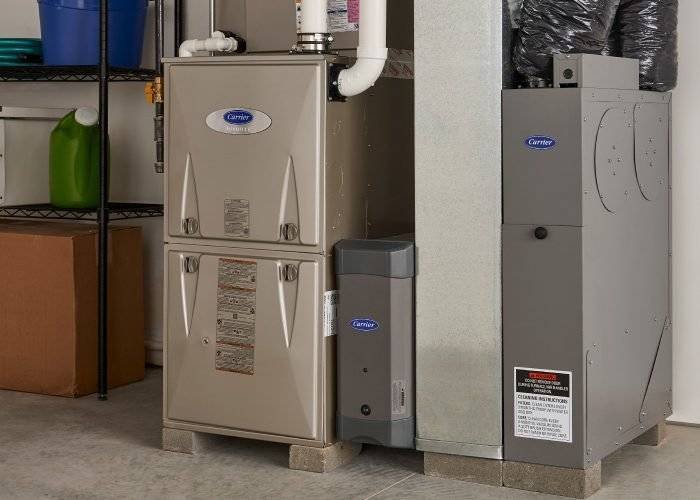
Our Work


